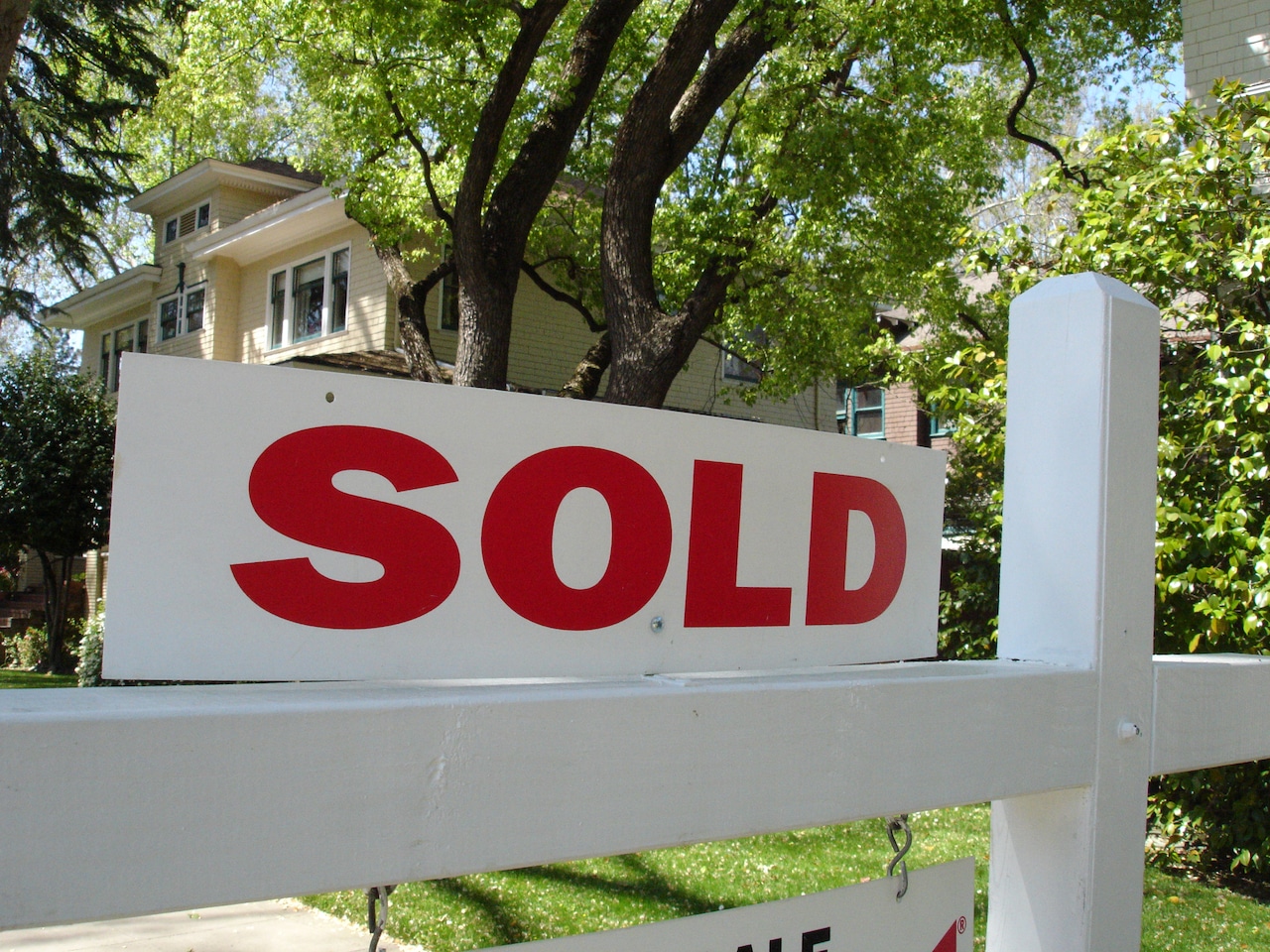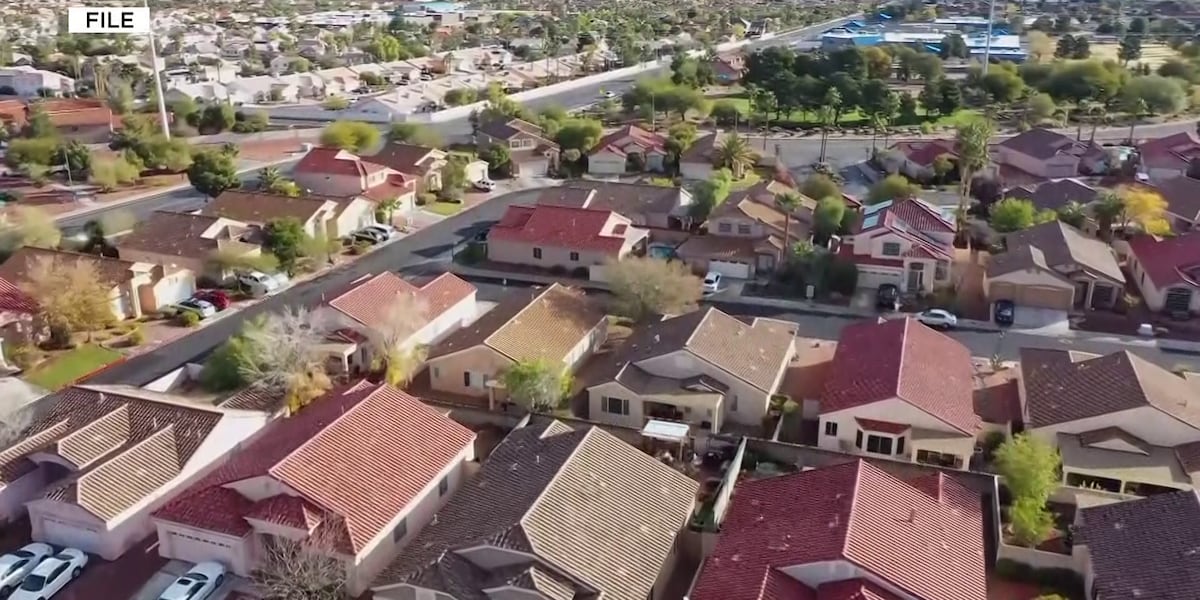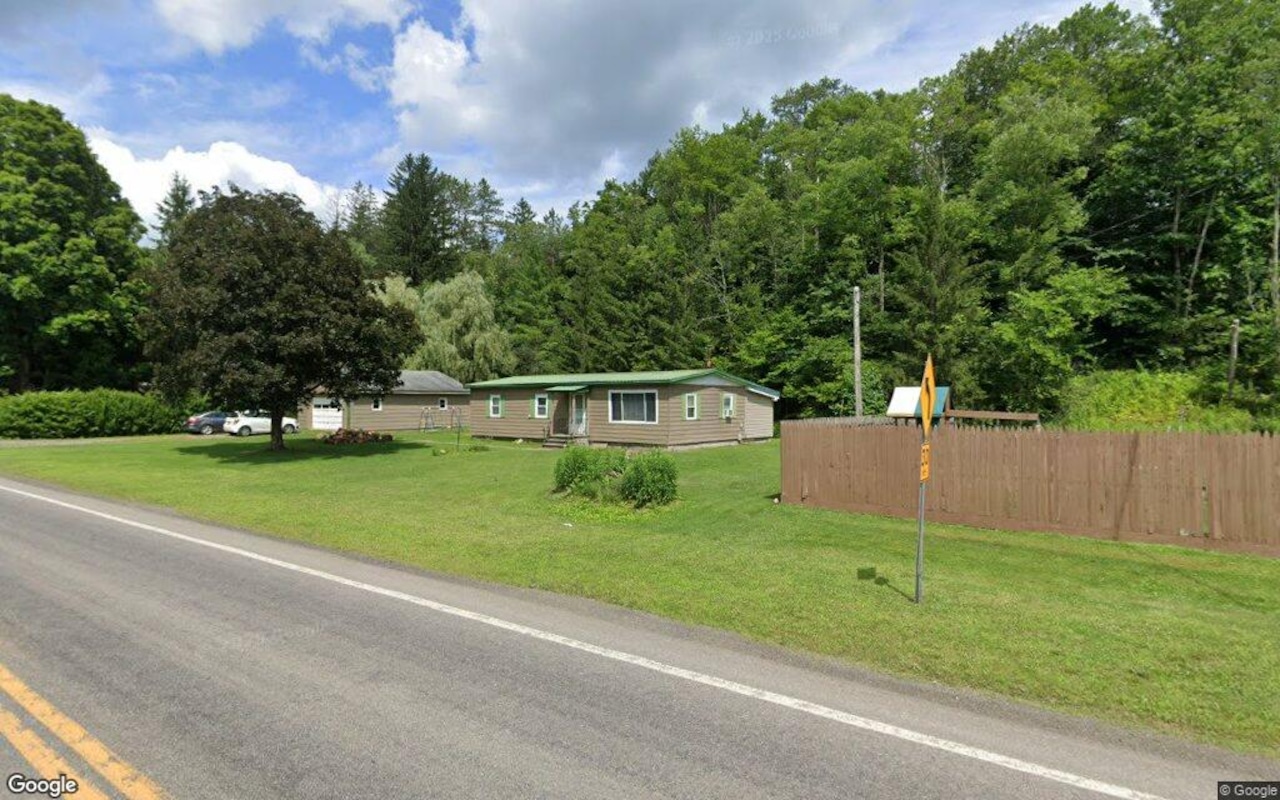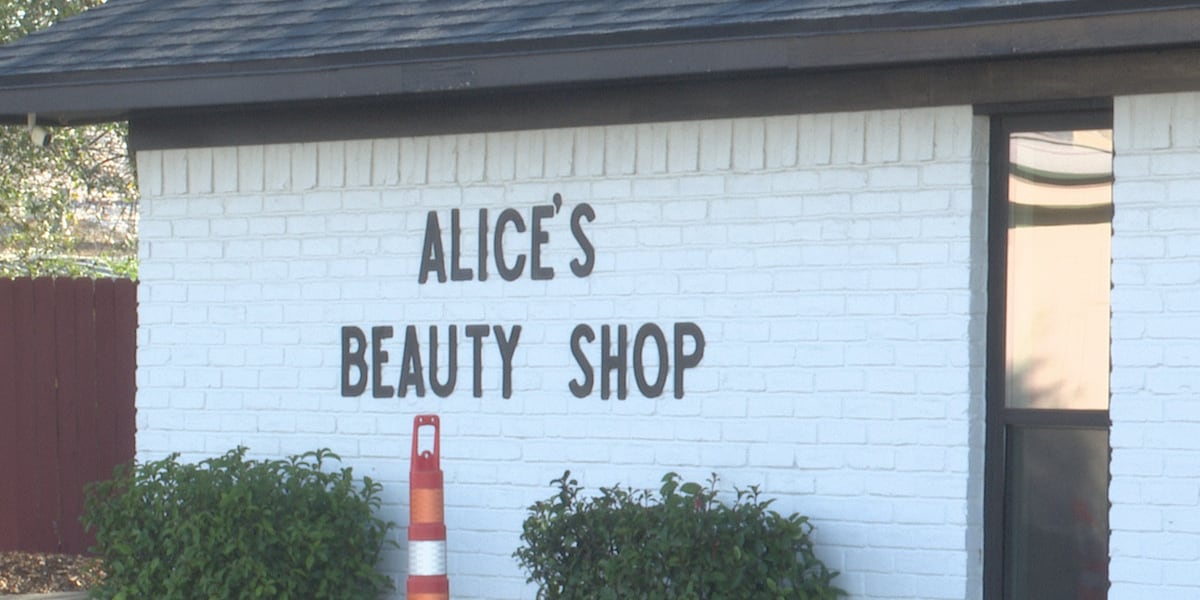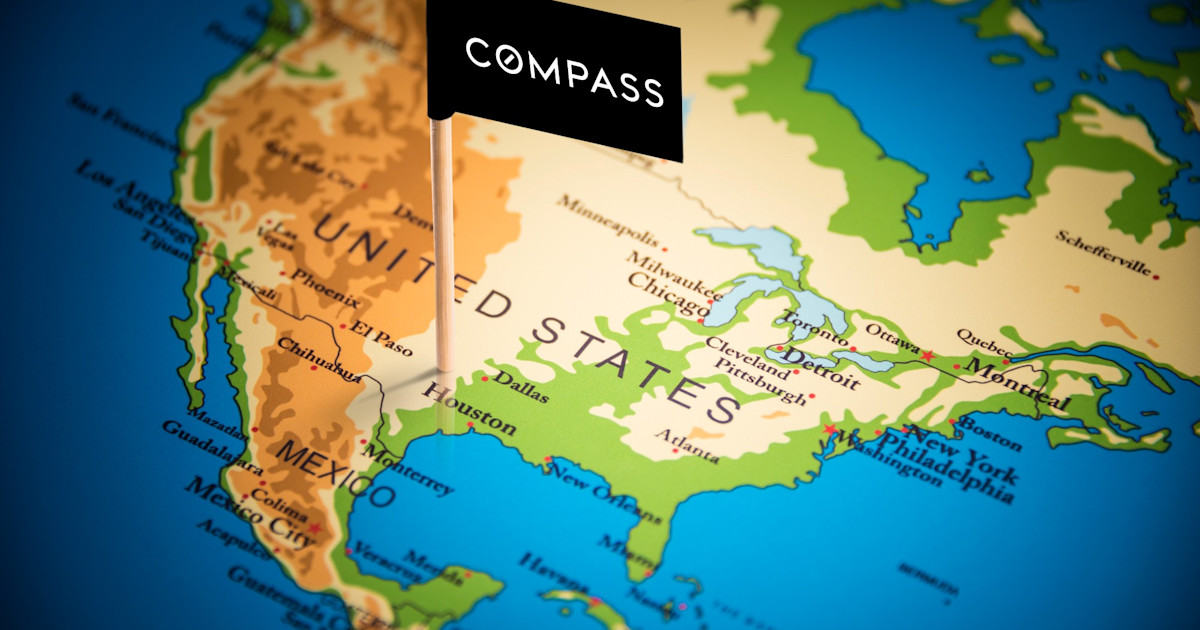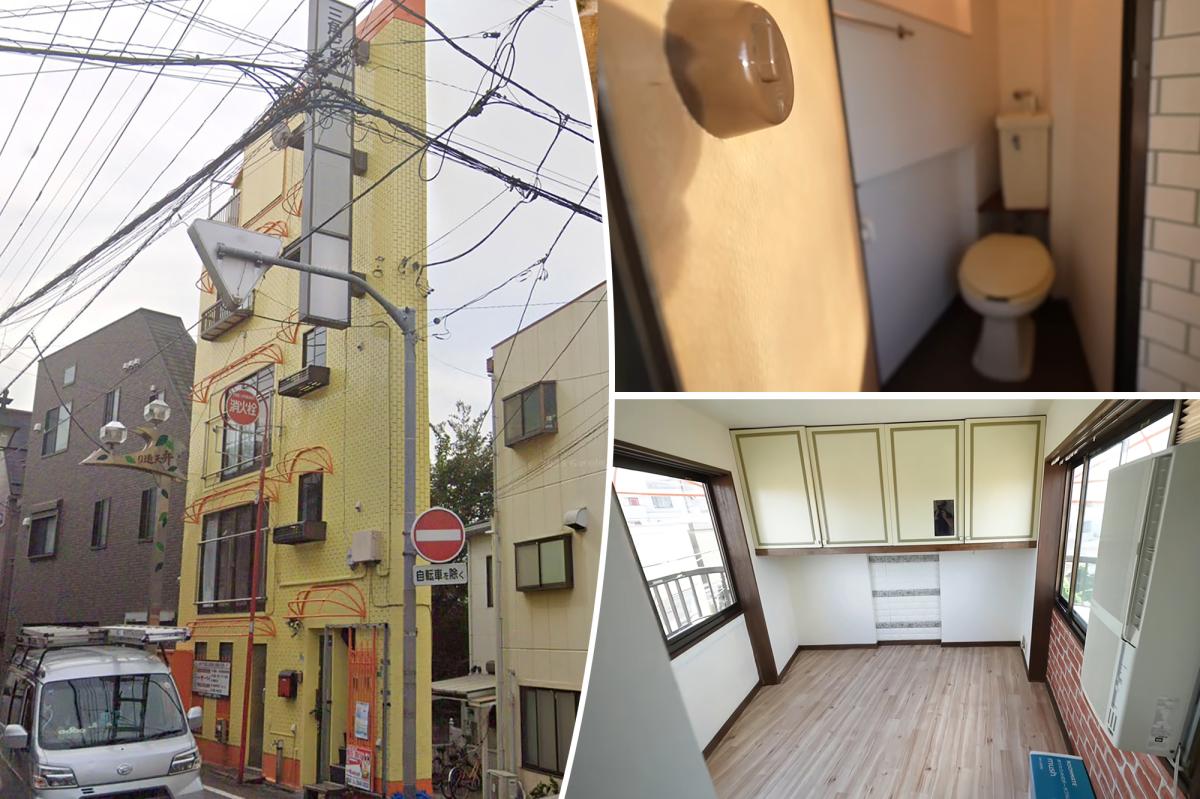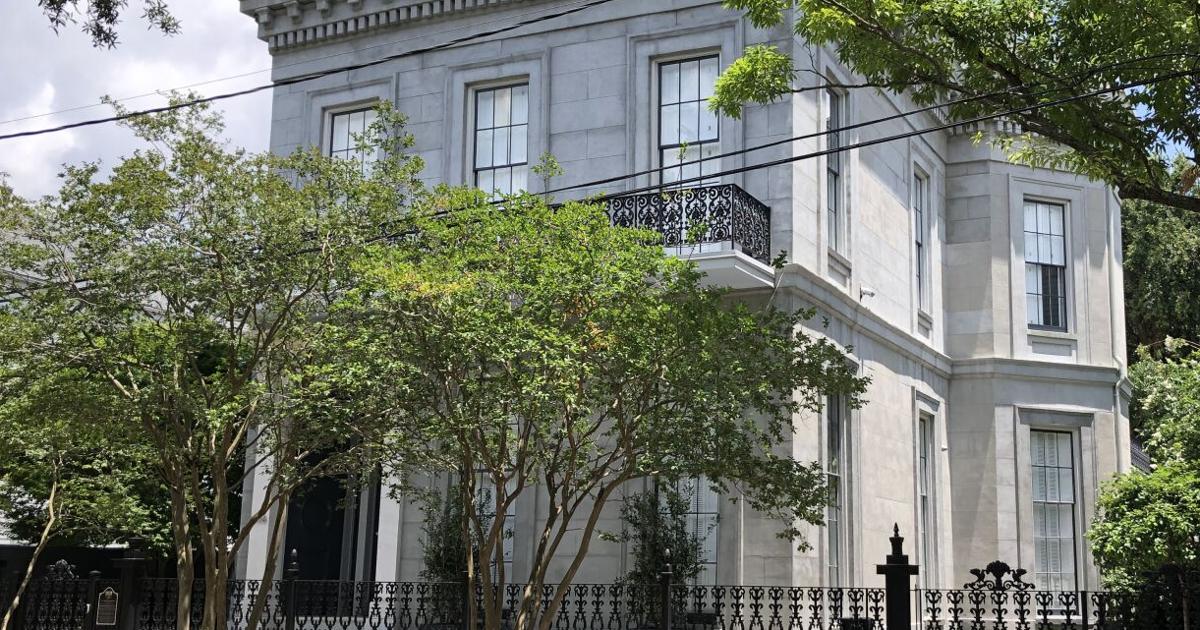B
oston's commercial property tax rate is capped at 2½ times that of residential properties, a limit set by state law. Mayor Michelle Wu sought to raise the cap on commercial rates for several years to mitigate the impact of declining office values due to high vacancy rates since COVID-19. If not approved, Wu warned residents could face a 33% hike in tax bills. However, when the final property value numbers were revealed, residential tax bills increased by only 10.4%, much lower than initially projected.
Wu's administration had forecasted commercial values would decline by up to 7% and residential values would rise by up to 4%. The actual numbers showed a 5% drop in commercial values and a 3% increase in residential values. This discrepancy led business leaders and lawmakers to withdraw their support for Wu's plan, which ultimately died in the Senate.
Ron Rakow, a fellow at the Lincoln Institute of Land Policy, attributed the difference between preliminary and final estimates to the complex valuation process, which involves fine-tuning in the final months and is influenced by various factors such as property sales, improvements, and damages. The city's revaluation every five years also adds unpredictability.
The Wu administration made thousands of data changes since September, but these updates were not enough to salvage the home-rule petition. Key senators withdrew their support, business groups urged a pause, and the effort ended in nothing. The City Council approved next year's tax rates as projected, with residential properties at $11.58 per $1,000 of value and commercial properties at $25.96 per $1,000 of value.
Wu had pushed for the ability to hike property tax rates to cushion the city's tax base against falling office building values. Her measure gave the city the option to raise commercial rates each of the next three years if needed. However, with the crisis averted, support for Wu's plan crumbled.
Some question why the debate is over property taxes and not the size of the city budget they fund. Boston's annual budget increased by 8% this year, more than double the rate of inflation. The Wu administration attributed the increase to recently ratified union contracts.

